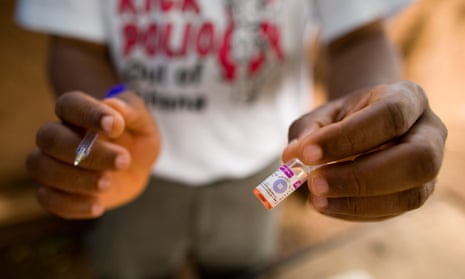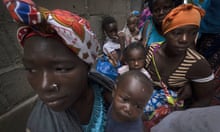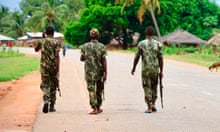Mozambique has identified its first case of wild polio in three decades following the genetic sequencing of a similar strain of the childhood disease in Malawi earlier this year.
Dr Matshidiso Moeti, the World Health Organization’s regional director for Africa, said the detection of the new case was “greatly concerning” and that it demonstrated “how dangerous this virus is and how quickly it can spread”.
Africa was declared free of indigenous wild polio in 2020, and the latest case would not affect that certification as it appeared to be an imported strain, the WHO said.
Polio eradication has been one of the great global health success stories and wild poliovirus is now endemic only in Afghanistan and Pakistan.
The case in Mozambique, identified in the north-eastern Tete province, is the first since 1992, with the infected child having begun to experience the onset of paralysis in late March.
Genomic sequencing analysis indicated that the newly confirmed case was linked to a strain that circulatied in Pakistan in 2019, similar to the case reported in Malawi earlier this year.
Ahmed Ogwell Ouma, the deputy director of the Africa Centres for Disease Control and Prevention, said: “When sequenced, that particular case [in Mozambique] had very close similarities to the case that had been reported in Malawi some weeks back.”
In February, Malawi declared its first case of wild poliovirus in 30 years, when a three-year old girl in the Lilongwe district was paralysed as a result of her infection.
An investigation is under way in Mozambique to determine the extent of the risk posed by the new case, and the targeted responses needed.
Preliminary analysis of samples collected from three contacts of the newly detected case were all negative for wild poliovirus type 1, the WHO said.
Mozambique recently carried out two mass vaccination campaigns – in response to the Malawi case – in which 4.2 million children were vaccinated against the disease.
Polio is a highly infectious disease, spread mainly through oral contamination by faecal matter. The virus can cause paralysis, which is sometimes fatal. There is no cure, but vaccination has brought the world close to ending the wild form of the disease.








